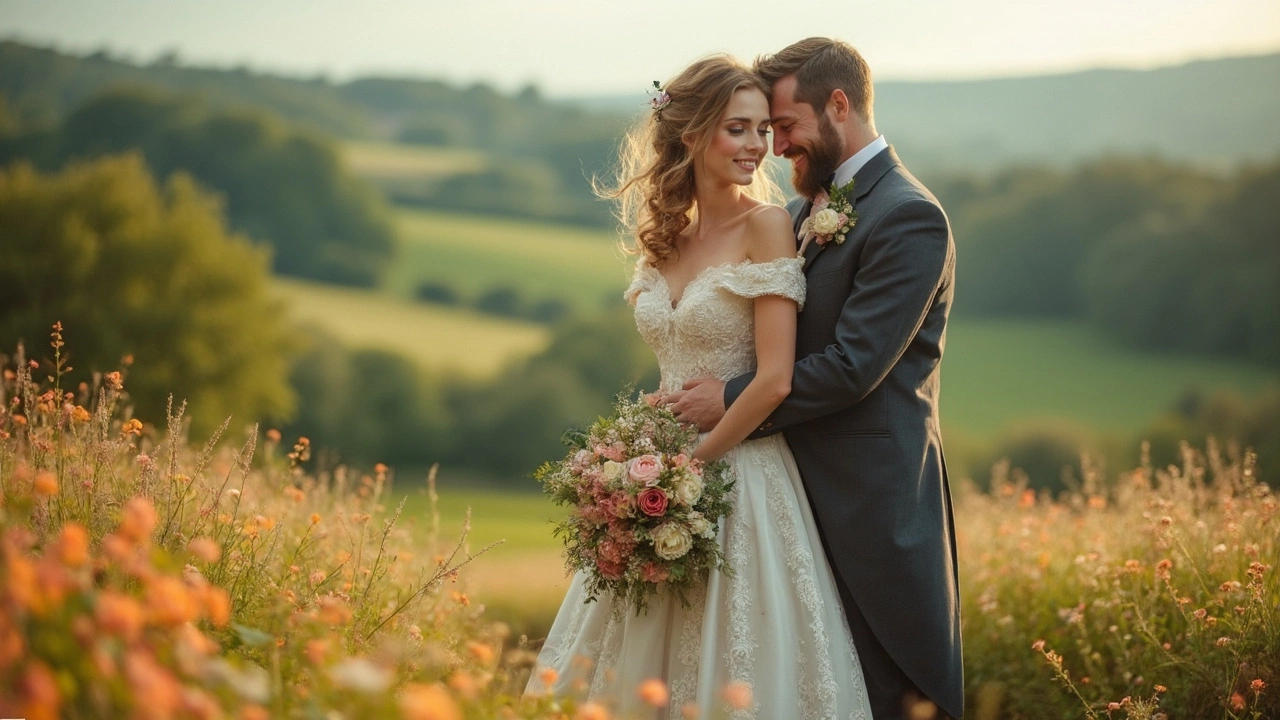True to Color Photography: Keep Your Wedding Images Real & Vibrant
Ever looked at wedding photos that look washed out or overly edited? True to color photography aims to lock in the exact shades you saw on the day – from the blush of the bride’s bouquet to the deep navy of the groom’s suit. When colors stay true, the memories feel real and vivid.
Color fidelity isn’t just a pretty look; it’s a storytelling tool. The sky at sunset, the golden glow of candles, the pastel tones of the floral arrangements – all these details shape how you remember the ceremony. Keep those hues intact and you’ll relive the emotion every time you flip through the album.
The biggest color shifter is lighting. Natural light gives the most honest palette, but it changes fast. A cloudy morning can turn bright noon, and indoor chandeliers add warm tints. Talk with your photographer about the light plan – when to shoot outside, when to move inside, and how long to stay in each spot.
Camera settings are your next ally. Shoot in RAW format so you keep every color detail for later tweaks. Use a low ISO to limit noise that can turn whites gray. A moderate aperture (f/4‑f/5.6) gives enough depth while keeping colors crisp across the scene. Also, set your camera to shoot in a flat color profile so you have more flexibility when you edit later.
White balance tells the camera what ‘neutral’ looks like. Auto white balance works fine in stable light, but mixed lighting (like a sunset ceremony followed by a dim reception) confuses it. Ask your photographer to set a custom white balance for each part of the day or to capture a gray card reference for post‑processing.
How long you book the photographer matters for color consistency. A short two‑hour slot might miss the golden hour glow, while a full‑day coverage captures the light shift from morning to night. If you can, schedule at least four hours – two for the ceremony and two for portraits – to lock in the full color story.
Considering two photographers? It’s not just about more angles; it’s about keeping color balance across venues. One shooter can stay with the ceremony while the second follows the bride for portraits. Both cameras can be calibrated to the same white balance, so the images flow together naturally when you view the album. If you’re using two cameras, sync their clocks so the timestamps line up for seamless album sequencing.
Post‑processing should enhance, not replace, true colors. A light tweak to exposure or contrast is fine, but avoid heavy saturation that makes reds look neon. Use the RAW file’s built‑in camera profile and a calibrated monitor – this way the final JPEG matches what you saw on the day.
Bottom line: true to color photography starts with good light, the right settings, and a photographer who respects the day’s palette. Plan your timeline, lock in enough shooting hours, and ask for consistent white balance. When you follow these steps, your wedding album will look just as vibrant as the celebration itself. Enjoy the memories, and let the colors tell your love story for years to come.

- Apr, 10 2025
- Comments 0